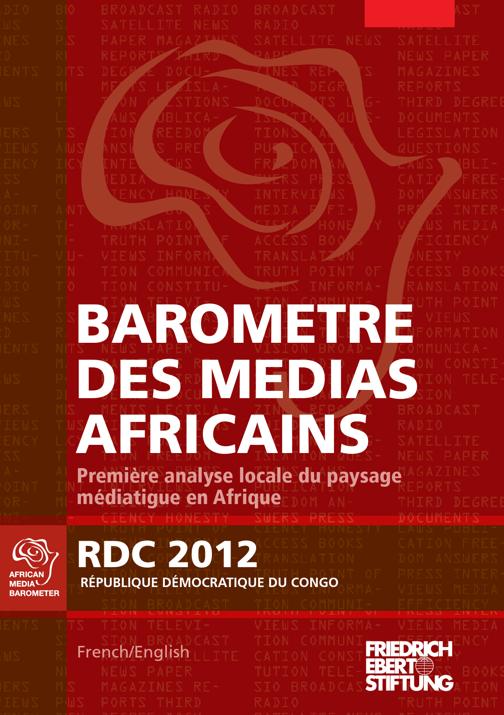Elektronische Zeitschrift
- Gesamttitel
- Jahrgang2012
- DokumenttypJahrgang
- URN
- Das Dokument ist frei verfügbar
- Archiv
The constitution of the Democratic Republic of Congo (DRC) protects freedom of expression. However, there are no strong provisions to guarantee access to information and a 1996 law makes certain media offenses punishable under the penal code. These legal threats and strong pressures and occasionally serious consequences make journalists exercise the right to freedom of expression with apprehension and investigative reporting is rare.
The state uses its intelligence agents to filter internet and mobile phone content, especially during election times. During elections signals for international radio and television stations are sometimes cut and international newspapers banned.
Congolese National Radio Television is state controlled. It broadcasts some local and diverse cultural content but news broadcasts are partisan favouring the government. Journalism in the DRC is strongly partisan and split between media close to the ruling power and those close to the opposition. Some media owners interfere significantly in editorial independence.
The DRC does not have electricity throughout the country, which makes access to broadcasting services, the Internet and to mobile phone services difficult.
The bribing of journalists known as �brown envelope journalism� or �coupage� is wide spread as is corruption throughout Congolese society. The precarious working conditions of journalists are partly to blame as journalists rarely have work contracts and some are not paid at all.
